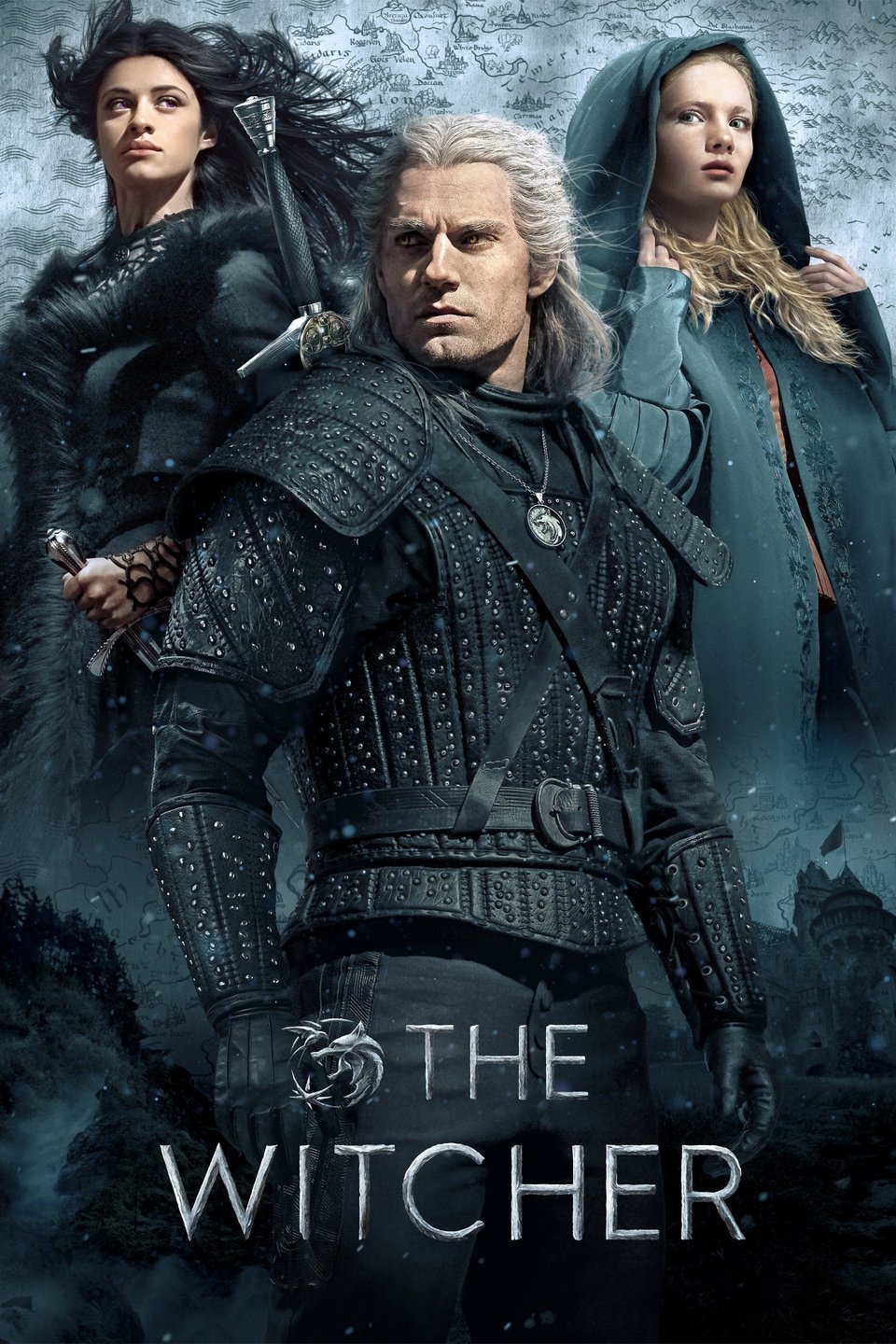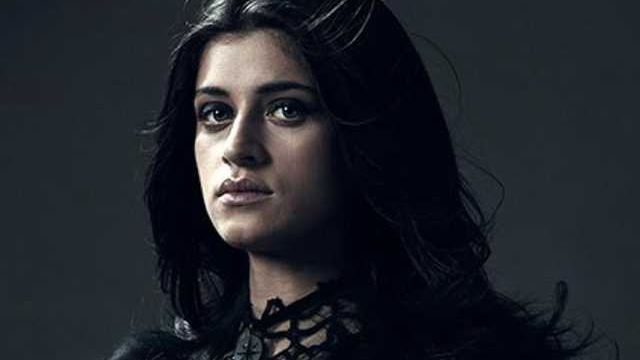
There was much fanfare in Pagan circles about “The Witcher,” the Netflix series released on December 20. The name of the series and the imagery of the show suggested Pagan connections, and indeed, the show involves witches, sorcerers, and a host of monsters inspired by legends many Pagans would find familiar, especially those with an affinity to Slavic and Baltic traditions.
“The Witcher” is based off the fantasy series of the same name written by Polish author Andrzej Sapkowski, whose work has also become well-known to gamers through a video game adaptation. Sapkowski wrote the first installment of what would become the Witcher saga in the mid-1980s for Fantastyka magazine. The subsequent books developed an international following.
As for the video games, Sapowski sold the rights about 15 years ago, but he served as a creative consultant on the Netflix series.

The Witcher [Courtesy Netflix]
The background is important because of how the show fails and how it succeeds.
The Netflix series follows Geralt of Rivia, a “witcher” with supernatural powers, who runs about the countryside killing monsters for coin. (This is just what witchers do). Geralt is played by Henry Cavill, best known for playing Superman. The challenge faced by Cavill is that Geralt lives in a morally ambiguous universe while also being an emotionally-distant character. The outcome is that the Geralt is often superficial and his interactions with others are incomplete.
Geralt’s character is flattened further as the show draws more attention from the video game series than the original stories. The character is overly subdued, perhaps even strapped, into a mold that mimics the video game interactions instead of the richness from Sapkowski’s books.
What is frustrating to those who have read the books as well as played the games is why there is such over-attention to reducing Geralt’s complexity. In the Netflix series, despite being the central character, he often seems more like a bystander. The results are that the character’s famous deadpan humor becomes lost and any hints at a rich internal life are diluted.
Cavill is a talented actor, so Geralt’s portrayal as both monotone and monotonous is intentional, suggesting that there was likely some directorial decision to flatten the character.
Perhaps the difficulty comes from the complex set of parallel storylines present in the series; the other protagonists besides Gerald don’t fare better than him. Ciri (played by Freya Allan) is a princess who has extraordinary and mysterious abilities (at least to novice viewers), and yet she spends much of the first episodes running, confused and screaming. The character of Jaskier the bard, played by Joey Batey, accompanies Geralt and is both mysteriously ever-present and annoying.
This is ultimately what makes “The Witcher” maddening: it’s a mish-mash of timelines that seem always incomplete. The structure echoes that of “Game of Thrones,” is with bits of story exposed in each episode of the series. Even with binge-watching, the stories seem random and the characters confusing. At times, even Geralt seems superfluous.

Yennifer of Vengerberg [Courtesy: Netflix]
Where the show does shine is in the parallel story of Yennifer of Vengerberg (played by Anya Chalotra). Yennifer is complex and scheming. Born with a deformity and a secret, her motives are exposed to the viewer and her strategies to achieve her goals are connected to her character and her experiences. Her mage training hints at many Pagan concepts such as care in ritual and the great balance of the universe. This is likely the work of Lauren Schmidt Hissrich, who has been the driving force behind other Netflix shows like “Daredevil.” Her ability to connect with audiences is well-established.
The complex timelines of fantasy stories have famously had difficulty translating to screen adaptations, whether film or television. One quote that comes to mind when considering “The Witcher” is from Reverend Mother Mohaim, herself a character from a work that experienced a failed adaptation, “Dune”: “They tried and failed.”
“The Witcher” succeeds as an extension of the video game series, in both the construction of stories as side-quests and in an unelaborated universe whose intricacy and scope are exposed mostly – perhaps only – to those who come with pre-existing knowledge of the Witcher saga or elements of Slavic folklore.
Whether “The Witcher” is a failure though is questionable: only Disney Plus’s “The Mandalorian” and Netflix’s “Stranger Things” are currently more in-demand for streaming series. Despite its flat characters, it is interesting enough to keep one’s attention, especially when connecting Pagan elements to the story. But even that requires a commitment some will find difficult, especially through the first five episodes.
The Wild Hunt is not responsible for links to external content.
To join a conversation on this post:
Visit our The Wild Hunt subreddit! Point your favorite browser to https://www.reddit.com/r/The_Wild_Hunt_News/, then click “JOIN”. Make sure to click the bell, too, to be notified of new articles posted to our subreddit.